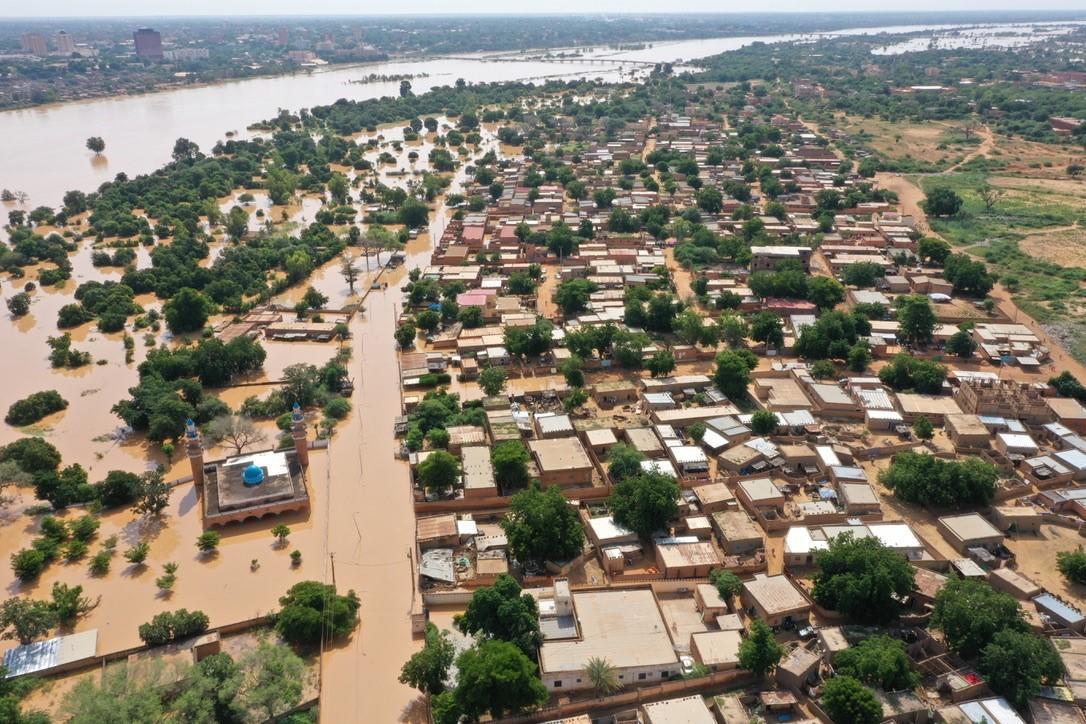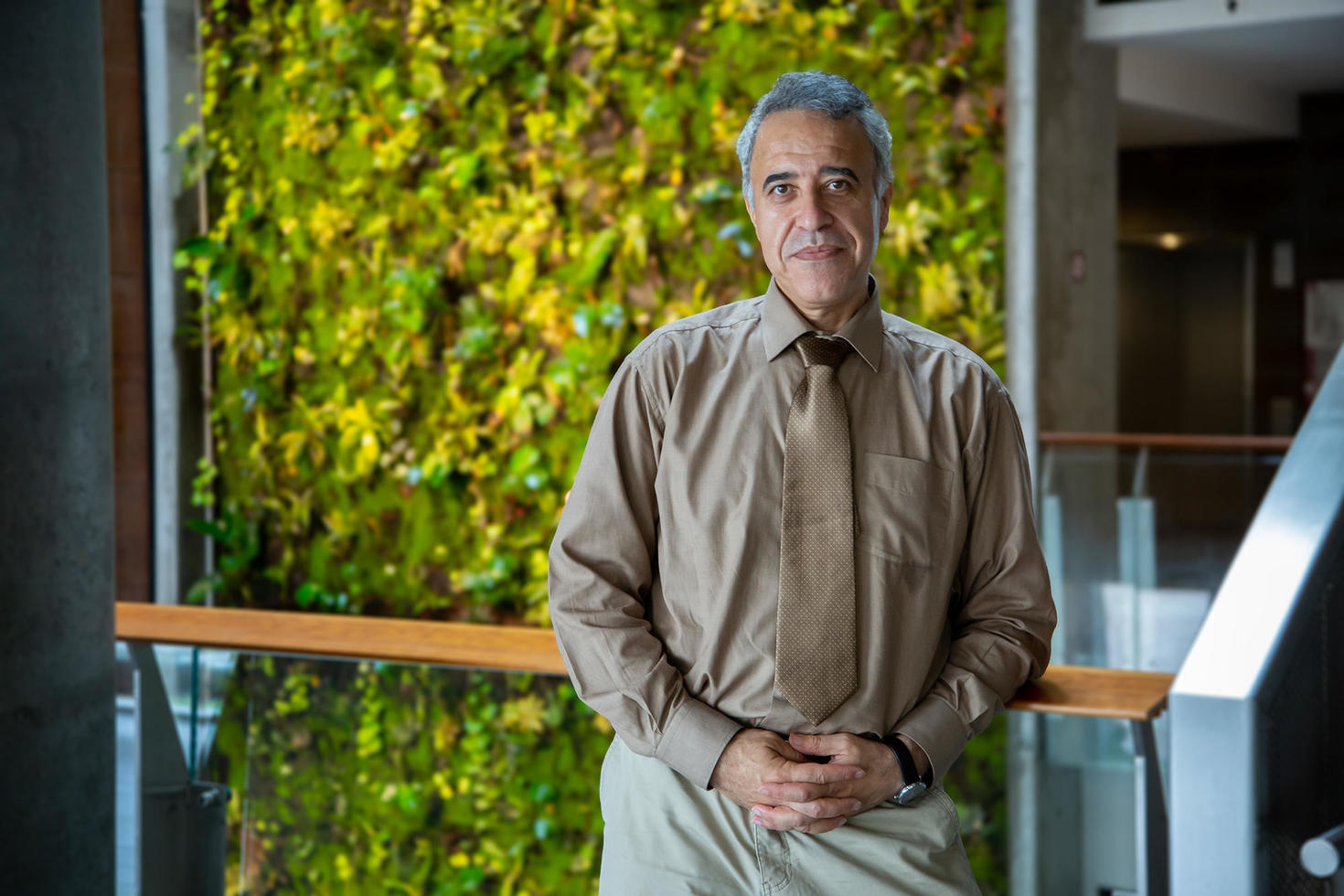- Natural and human-induced hazard mitigation
- Smart (instrumented) infrastructure
- Building information modelling and visualization
- Climate change adaptation
- Advanced and/or sustainable construction materials
- Renewable energy
- Physical and cyber infrastructure protection and security
- Infrastructure rehabilitation
- Life cycle analysis and lean construction optimization
- Water security
- Smart cities
- Efficient vehicles

Sustainable and resilient infrastructure
From our homes to our workplaces, from the roads we take to get there, to the lakes, rivers and oceans we enjoy, infrastructure is everywhere. Protecting our infrastructure from natural disasters, such as earthquakes, extreme wind events and flooding—as well as the security of critical infrastructure against human-induced hazards—has the potential to change lives, as does providing clean water and energy to our communities.
Areas of research
Researchers at uOttawa Engineering working within this field have the safety of society at heart. In addition, our experts go one step further in order to ensure that the work we do is done with sustainability in mind. Our goal is to reduce our environmental footprint and be faithful stewards of our planet and its people.
What's happening in this field?

How to anticipate and better prepare for floods
Climate change is with us, and floods are becoming more frequent and devastating. Professor Ousmane Seidou, a researcher in the Department of Civil Engineering at the Faculty of Engineering, explains …

How a uOttawa engineering professor is unearthing climate change insights burie…
The tools developed by Dr. Hossein Bonakdari make preventing, predicting and preparing possible.



